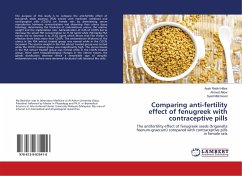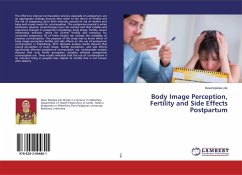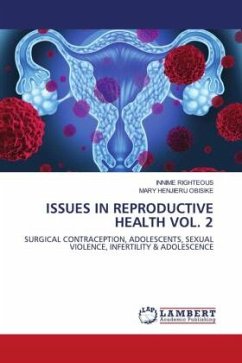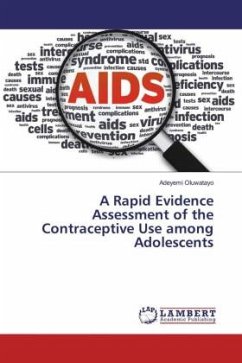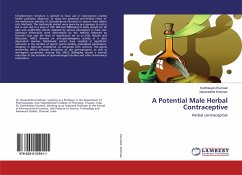HIV Positive individuals may or may not have intention to have children. they could also have different degree of utilization and demand for family planning. The extent of this desire and how it varies by individual, social,health and demographic characteristics is not well understood. The desire of HIV infected persons to have children in the future has significant implication for transmission of HIV to sexual partners or newborns. A high proportion of HIV positive individuals who received medical care expressed a desire for children. the extent of fertility intention and family planning needs of these people has implication for vertical,heterosexual transmission and need consideration. A better and evidence based understanding of fertility intention and demand for contraception is needed to promote and protect the rights of women and men living with HIV/AIDS to make informed decisions about reproduction and to have access to appropriate sexual reproductive health services.
Bitte wählen Sie Ihr Anliegen aus.
Rechnungen
Retourenschein anfordern
Bestellstatus
Storno


